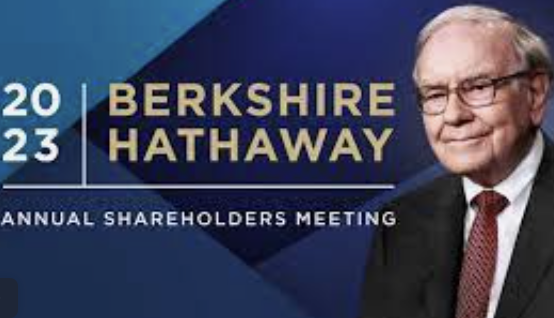
Investing may be simple in principle, but it isn’t easy in practice. Markets and economies are fraught with uncertainty, constantly changing news and markets, and how great some other investment is performing. Warren Buffett is one of the most successful investors of all time. From time to time he shares sage advice that every investor can benefit from.
Buffett’s Advice
I want to share two things that Warren Buffett said in the latest Berkshire Hathaway shareholder meeting. You will see that his counsel is not novel, nothing earth shattering. It is valuable because it helps us think about what really matters in investing and the approach we may want to take for our investment decisions.
“What gives you opportunities is other people doing dumb things… there’s been a great increase in the number of people doing dumb things.”
What kind of dumb things might investors do? In my experience, it almost always has to do with making hasty, emotional decisions. These decisions are often made in response to sensational news headlines, bold predictions, and/or recent market performance.
“The world is overwhelmingly short-term focused.”
Buffett doesn’t pay attention to short-term events, and he seeks to take advantage of those that do. These two comments provide insight to how Buffett has become such a successful investor. There is no talk of algorithms, trends, or fancy methodology. His statements are refreshingly simple.
Profiting From Mistakes
Investors often focus on how well a security will perform and work out in our favor. We seldom ask ourselves how a decision might be “dumb” or how much it could cost us, but that can be very helpful. Everyone makes mistakes. As investors, we can improve our game by minimizing our own mistakes while taking advantage of others’ mistakes.
Buffett’s advice really boils down to becoming a long-term focused investor. That means we do not allow the daily noise to distract us from our long-term view and investment strategy. Simple in principle, difficult in practice – yet potentially very rewarding.
– Scott
Source: 2023 Berkshire Hathaway Shareholder Meeting








